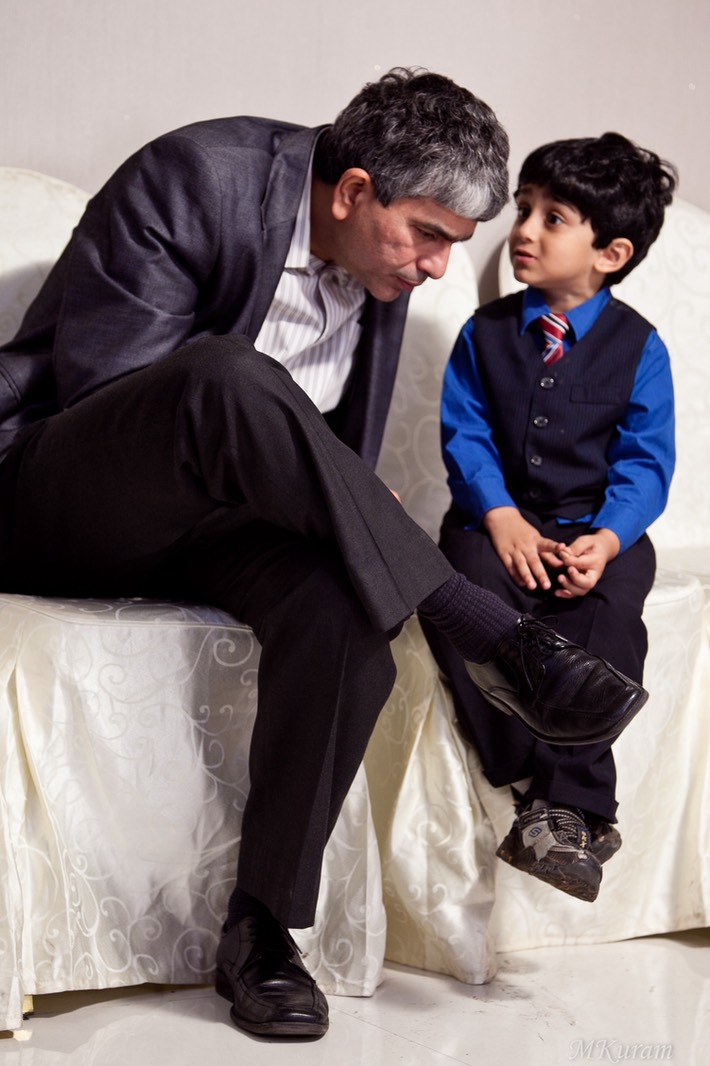Recently I was interviewed by Randi Mazzella, a freelance writer, for an article she is writing about the importance of teaching children self-advocavy skills. This is a very important topic and I am sharing my responses to her questions. The notion of teaching self-advocacy skills may have originated in conjunction with “children with disabilities”, but I believe that self-advocacy skills are important and are necessary for all children if they are going to grow up to be independent fully functional adults.
Click here to download a free PDF copy of this blog

Photo: Kim Davies Flickr Lisc. CC
Q. Why is it important for kids and young adults to learn how to advocate?
A. Learning how to advocate for oneself, be assertive, stand up for oneself is an important life skill that all children and young adults need to learn and master if they are going to become competent successful adults. Children who learn to advocate for themselves reap important benefits. They become better problem solvers, build more self-confidence, and feel more self-empowered when facing future life problems. Children need to learn how to advocate for themselves in an assertive way. Speaking up for things they need, want, or believe in without being rude or disrespectful.
Q. Why is self-advocacy an important skill?
A. Parents should be involved in their children’s lives, but being overinvolved is clearly not a healthy thing. Doing things for children that they should be doing themselves is called “overnurture” and it is a form of overindulgence. I believe that this type of overindulgence is a bad. Why? Because our research clearly shows that college students whose parents overnurtured them tended to:
- Think of themselves as failures.
- Believe others think less of them if they make mistakes.
- Can’t be happy unless all people admire them.
- See asking for help as a sign of weakness.
- Believe their value as a person depends greatly on what others think of them.
- Give up on their own interests in order to please other people.
- Need the approval of other people in order to be happy.
- Cannot get down to work when they should.
- Quit if they can’t do a job the first time.
- Rarely achieve important goals.
- Do not stick with unpleasant things.
- Feel insecure about their abilities.
- Believe that they are not capable of dealing with most problems that come up in their life.
The above mentioned attitudes and characteristics are NOT associated with successful adults, but they are with college-age children whose parents hover and who are overinvolved in their lives.

Photo: Marco Giumelli Flickr Lisc. CC
Q. How can parents explain to their kids the difference between “advocating” and “complaining”? Sometimes the lines feel blurred.
A. Advocating for oneself is different than complaining. It is important that parents share this distinction with their children.
First, they need to discuss the difference between the two. Parents should point out that advocating focuses on the problem in a courteous manner. Advocating relies on facts and emphasizes joint solutions. Complaining on the other hand is designed to criticize, condemn, and complain. It is not solution focused. Advocating and complaining also feel quite different. Advocating is done from a calm reasonable tone of voice, whereas complaining comes from an angry, upset, whiny voice.
Second, parents can role-play situations with their child. Have the child share a real situation they are struggling with then role-play it with them. Have them do it both ways, in an assertive way then in a complaining manner. If they need help coming up with what to say, coach them. Finally, talk about the difference and how it felt each way.
Third, praise your child for speaking up in an assertive respectful way!

Pexels-photo Lisc. CC0
Q. At what age should kids learn to start speaking up for themselves with teachers and coaches (and other adults in authority positions)?
A. It should start at an early age. Just like any other skill, the more you do it the better you become. Further, it is important for children to practice on small problems so that later they will become successful using the skill with larger more complex problems. When a problem occurs, give your child a chance to solve it before you step in. Sometimes children come up with more inventive solutions than us adults.

Madhavi Kuram Flickr Lisc. CC
Q. When should a parent step in?
A. This is a difficult question to answer because every child is different.
First, know your child. Try to pinpoint her self-advocacy skill level (low, moderate, high). The higher the skill level the more difficult challenges she will be able to tackle on her own. Start out with lower level challenges and work up to bigger ones.
Second, determine if the problem is an age-appropriate for your child to handle.
Third, determine the threat level to your child. For example, is there blood, physical damage, and lasting harm? A parent should step in if there is a high potential for physical damage and lasting harm, or if your child is the perpetrator doing the harm to someone else (e.g., another child, teacher, or adult).
Q. Parents may feel that it is their role to speak up for a child or young adult - why is this thought process incorrect?
A. There is definitely a time and place when a parent needs to speak up for a child. But when parents do it all of the time it becomes “the pattern”. Or if the parent does it in situations in which it is appropriate for the child to stand up for herself, it’s not good. When parents overstep this boundary they may cause an unintended consequence I call “The Hired Gun Effect”. Later on these kids turn into adolescents who run to their parents to stand up for them when any problem arises. They then grow up to become young adults who need a “Hired Gun” to solve their problems, bail them out of sticky situations, or do battle for them. For example, the 22-year-old student whose father called and berated me over his son’s below-average grade and demanded that I change it. Don’t let your children to grow up needing a “Hired Gun”.

Pexels-photo Lisc. CC0
Q. Sometimes you may not get what you want even when you properly advocate. How can parents help kids/young adults not get discouraged when this happens and to continue to advocate for themselves?
A . First, tell them “You don’t always get what you want, but you can be proud of yourself for taking a stand and doing it in a respectful, thoughtful manner.”
Second, ask them to think about what they did. Could they have done it differently to reach a different outcome so that the next time a siminar situation arises they will be better prepared.
Third, when your children are successful in self-advocating, it is very important to give them positive reinforcement for a job well done.
ADDITIONAL RESOURCES YOU SHOULD CHECK OUT
ü There is more help about avoiding overindulgence in How Much is Too Much? Raising Likeable, Responsible, Respectful Children – From Toddlers To Teens – In An Age of Overindulgence (2014, DaCapo Press Lifelong Books).
üJean Illsley Clarke’s Affirmations from her book “Self-Esteem: A Family Affair".
üSelf-Advocacy - A State of Mind by Abby Edwards
ü Teaching Self-Advocacy Skills to Students
ü 6 Tips For Helping Your High-schooler Learn to Self-Advocate by Amanda Morin
ü Self-Advocacy: Strategies for All Ages by Marcia Brown Rubinstien, MA, CEP
ü Strategies for Raising Independent Kids by Marcia Brown Rubinstien, MA, CEP
üHow to raise successful kids without overparenting by Julie Lythcott-Haims
Do all things with Love, Grace, and Gratitude
Photos from Pexels and Flickr.


